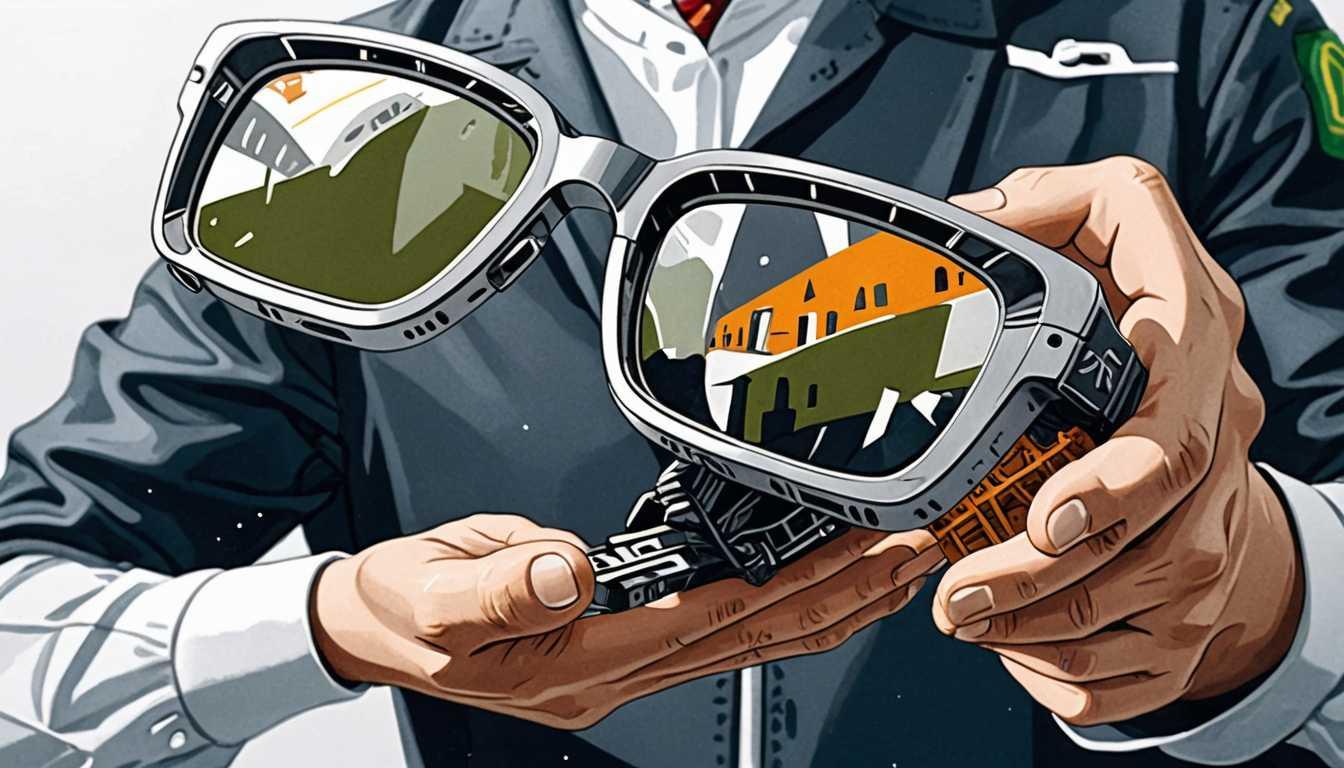Beyond Captchas: Proving Humanity
October 2023
MIT Technology Review
Introduction
Ever struggled with those annoying tests on websites proving you're not a robot? From selecting traffic lights in grainy images to identifying the mythical Yoko, captchas have evolved into a bizarre battle of wits between humans and AI. The MIT Technology Review dives into the quirky world of captchas, revealing why we're being asked to rotate 3D pink dogs and what might replace these digital gatekeepers. It's a wild ride through technology's attempts to distinguish us from our computer counterparts, with a glimpse into a future where your phone's tilt could be the key to proving your humanity.
READ FULL ARTICLEWhy It Matters
Discover how this topic shapes your world and future
Cracking the Code of Cyber Security
Imagine trying to log into your favorite gaming site and being asked to solve a puzzle that seems straight out of a sci-fi movie. This is the world of captchas - those quirky tests on websites that prove you're human and not a robot trying to break in. But why should you care? Well, as technology evolves, so does the tug-of-war between human ingenuity and machine intelligence. The stakes? Your online security and privacy. Captchas are more than just annoying hurdles; they're at the forefront of protecting your digital identity against increasingly clever bots. This topic isn't just about technology; it's a gateway to understanding the complex dance between innovation, security, and the ethical dilemmas of our digital age. It's about realizing the impact of your online actions and the importance of staying ahead in the cyber security game, which, believe it or not, affects you more than you might think.
Speak like a Scholar
Automated public Turing test to tell computers and humans apart (CAPTCHA)
A test used on websites to determine if the user is human or a robot by requiring the user to complete a task that is easy for humans but challenging for machines.
Artificial intelligence (AI)
The simulation of human intelligence processes by machines, especially computer systems, enabling them to perform tasks that typically require human intelligence, such as visual perception, speech recognition, and decision-making.
Bot
A software application designed to perform automated tasks on the internet, such as indexing web pages for search engines or attempting unauthorized access to secure websites.
Privacy pass
A technology that allows users to authenticate themselves on websites without having to complete challenges, by using cryptographic tokens that prove they have already passed a CAPTCHA challenge in the past.
Private access tokens (PATs)
Digital tokens used as a privacy-preserving mechanism for authentication, ensuring that users are real people without requiring them to solve CAPTCHAs or revealing personal information.
Cyber security
The practice of protecting systems, networks, and programs from digital attacks aimed at accessing, changing, or destroying sensitive information, extorting money from users, or interrupting normal business processes.
Independent Research Ideas
The evolution of CAPTCHA and its impact on web security
Dive into how CAPTCHAs have evolved from simple text-based challenges to complex tasks and their role in enhancing or compromising web security.
Artificial intelligence vs. human ingenuity
Explore the ongoing battle between AI development and CAPTCHA complexity, focusing on how AI is used to both create and solve CAPTCHAs.
Privacy implications of CAPTCHA alternatives
Investigate the privacy implications of emerging CAPTCHA alternatives, such as privacy pass and PATs, and how they balance security with user privacy.
The accessibility challenge of CAPTCHAs
Examine how the design of CAPTCHAs affects users with disabilities and what measures can be taken to ensure inclusivity while maintaining security.
Cultural and linguistic barriers in CAPTCHA challenges
Explore how CAPTCHAs that rely on specific cultural or linguistic knowledge can pose barriers to global users and the solutions to make them universally accessible.
Related Articles

AI Safety: Lessons from Nuclear
June 2023
MIT Technology Review

Silent Commands: Future Eyewear Unveiled
April 2023
Cornell University

Nightshade: Artists' Secret Weapon
October 2023
MIT Technology Review

AI Learns to Sidestep Toxicity
April 2024
Massachusetts Institute of Technology (MIT)

AI Reasoning: Beyond Memorization
July 2024
MIT News